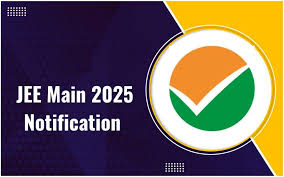Last Updated: Jul 29, 2025, 02:12:00 PM IST
India is transitioning from a multi-tier grading system to a simplified binary model: institutions will be classified as either “accredited” or “not accredited.” This reform, unveiled on NEP 2020’s fifth anniversary, is expected to ensure consistent minimum standards nationwide and reduce bureaucratic complexity.
Marking five years of the National Education Policy (NEP) 2020, the Centre is set to announce a major reform in the accreditation system for higher education institutions by shifting to a binary model - 'accredited' or 'not accredited' - replacing the existing multi-tiered grading system. This means institutions will no longer be ranked against each other but assessed against uniform minimum standards.
These announcements are expected to be made on Tuesday at a national event commemorating the fifth anniversary of NEP-2020, in the presence of senior ministers, educationists, and state representatives at the Bharat Mandapam.
The new accreditation model aims at simplifying the process and encouraging wider participation among higher education institutions (HEIs). Unlike the earlier framework, which graded institutions (A++, A, B, etc.), the new binary system will require institutions to meet basic benchmarks to qualify as 'accredited'. A senior education ministry official said, "The change was designed to address the reluctance of many HEIs to apply for accreditation due to the effort involved and uncertainty about sec ..
The shift comes in the wake of concerns over credibility and participation in the current accreditation regime, particularly following recent controversies around the functioning of the National Assessment and Accreditation Council (NAAC). Inconsistent grading patterns and allegations of opacity had drawn criticism from academics and policymakers, prompting a rethink of the process.
